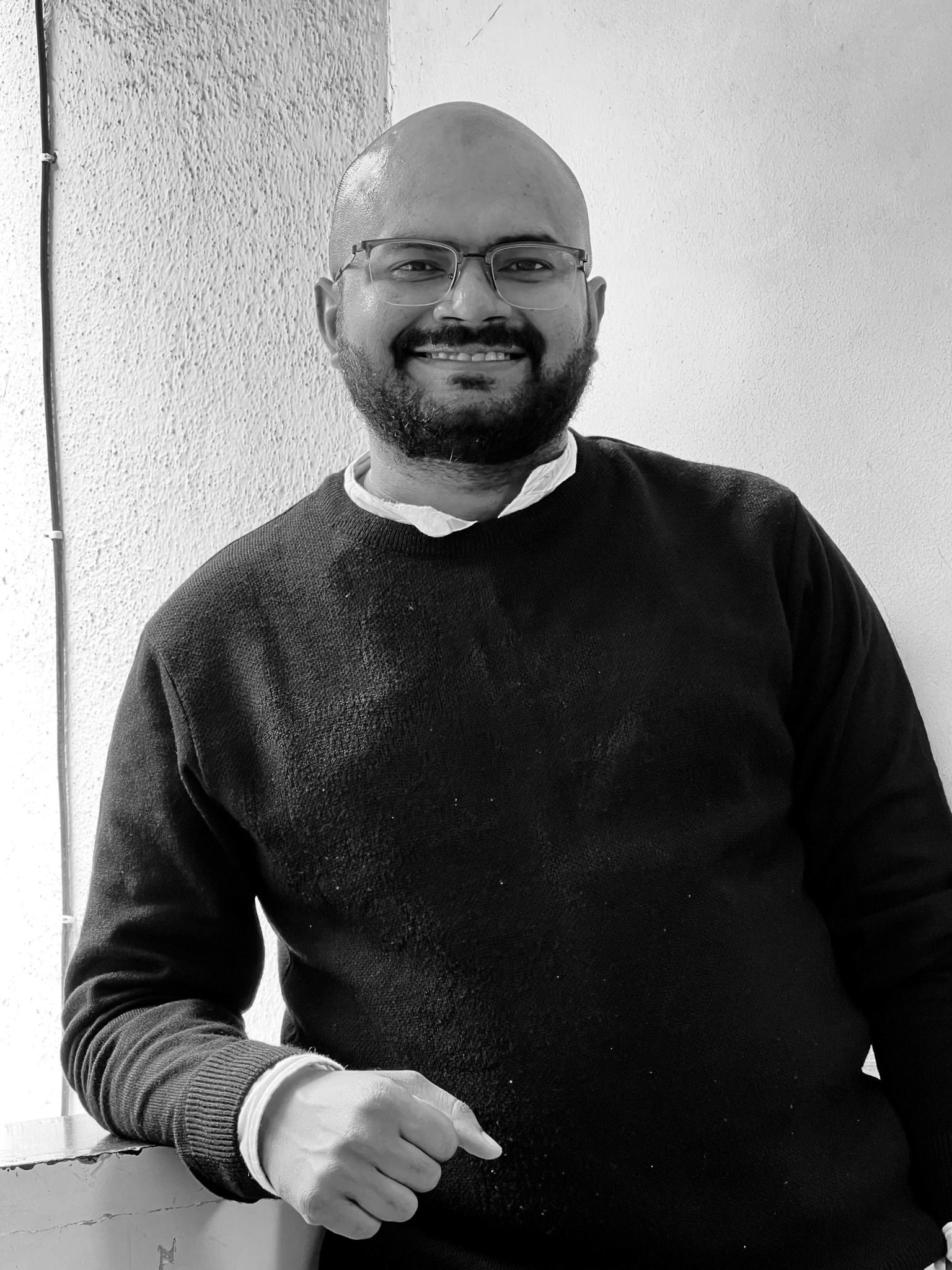We recently connected with Atul Marewad and have shared our conversation below.
Atul, thanks for taking the time to share your stories with us today Are you able to earn a full-time living from your creative work? If so, can you walk us through your journey and how you made it happen?
To be honest, surviving as a writer in India is incredibly difficult, let alone making a full-time living from it. It was never easy, and it still isn’t.
Everyone wants to be a writer these days, but the space has become so cluttered with content that lacks depth. People are mixing stories, reusing ideas, producing work that is shallow, and yet calling it literature. What’s being lost is the soul of writing—the kind that demands lived experience, observation, struggle, and sensitivity.
How can someone write meaningfully if they haven’t seen life’s angels and demons? If they don’t feel deeply, if they don’t understand the complexities of society, or the philosophies that shape human behavior? If they have no sense of ethics or awareness of the real issues people face every day—then what are they really writing? Who are they writing for?
Unfortunately, the literary infrastructure here doesn’t support serious writers. Most fellowships, residencies, or awards are inaccessible unless you have a certain background, elite education, or connections. Assistant professor positions—often the only stable option for writers—pay poorly and come with their own gatekeeping. Without recommendation or visibility, you’re invisible.
If I could go back, maybe I would’ve tried harder to “play the game”—to network, to brand myself, to be more strategic. Maybe that would have sped things up. But I didn’t choose writing to be part of a popularity contest. I chose it because I needed to express, to reflect, and to tell the truth as I see it.
The path is slow, lonely, and uncertain—but it’s honest. And sometimes, that’s all a writer can hold on to.
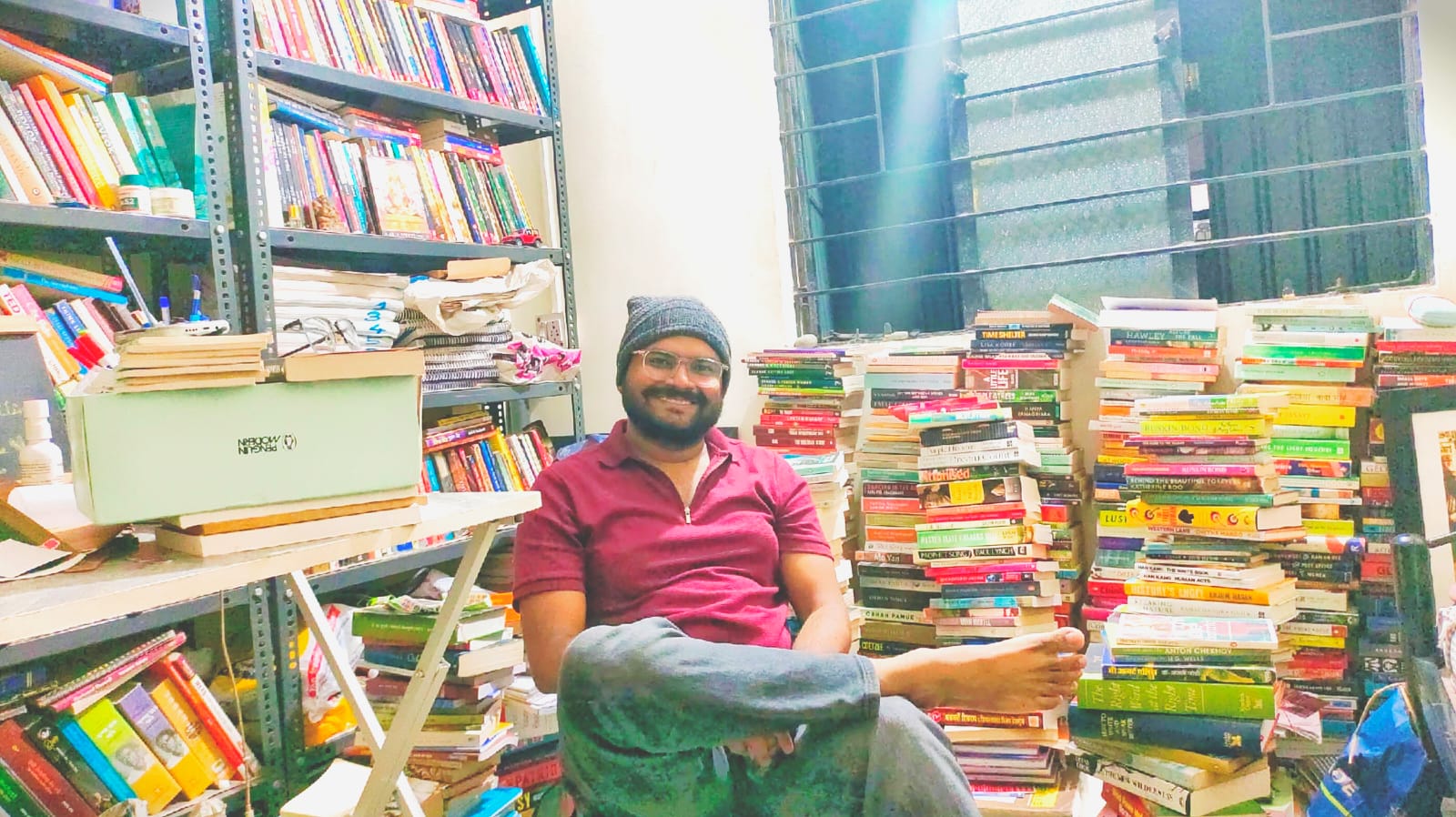
As always, we appreciate you sharing your insights and we’ve got a few more questions for you, but before we get to all of that can you take a minute to introduce yourself and give our readers some of your back background and context?
I come from a small village in India with around 2,500 people, where I studied in a vernacular-medium school. Like many from similar backgrounds, I was encouraged to pursue a “secure” future—science, engineering, and a good job. But I struggled in that system. After failing in 12th Science and going through a very dark period in my life, I made the difficult but necessary decision to shift to the arts. That decision changed everything.
I went on to top my taluka in Arts and was admitted to the prestigious Rajaram College to study English Literature. That’s where I found myself—through books, plays, and performance. I directed stage and street plays, read extensively, and developed a deep interest in literature, philosophy, and storytelling.
Later, I pursued post-graduation at Fergusson College, Pune, where, despite facing social and linguistic biases because of my rural background and initial English fluency, I continued to grow. That difficult experience only strengthened my belief in the need for inclusive, grounded storytelling.
Today, I work at the intersection of literature, film, and research. I’ve taught literature, written academic research papers—particularly on cinema and philosophy—and worked as a jury member for several international film festivals, including MACA, Bayelsa, Kingdom, PAME, Malta, and others. I currently serve as Asia-Middle East Coordinator for the Accra International Book Festival, and sit on the board of Tharba Human Rights Film Festival and MACA Film Festival.
My creative work focuses on fiction, particularly narratives that come from the margins—rural life, psychological depth, human rights, and existential questions. I am currently pursuing a PhD in Transhumanism Studies, working on my debut novel, and recently served as Executive Producer for a short film that was selected at 25+ international festivals and won 6 awards.
I also plan to launch a foundation: the Colonized Countries Film and Literature Foundation – India, along with a literary festival dedicated to showcasing unheard voices.
Importantly, my fiction is grounded in reality, but it is not autobiography. It does not violate boundaries—it transforms personal experience into universal stories. I believe literature should explore truth, not necessarily report it. And as someone who has taught literature, I deeply respect its power to challenge, heal, and inspire.
What sets me apart is that I’ve built a career in literature and film not from privilege, but from persistence, honesty, and a deep love for storytelling. I create space for those often ignored by mainstream platforms. My work isn’t about fitting into a mold—it’s about breaking it, with integrity and vision.
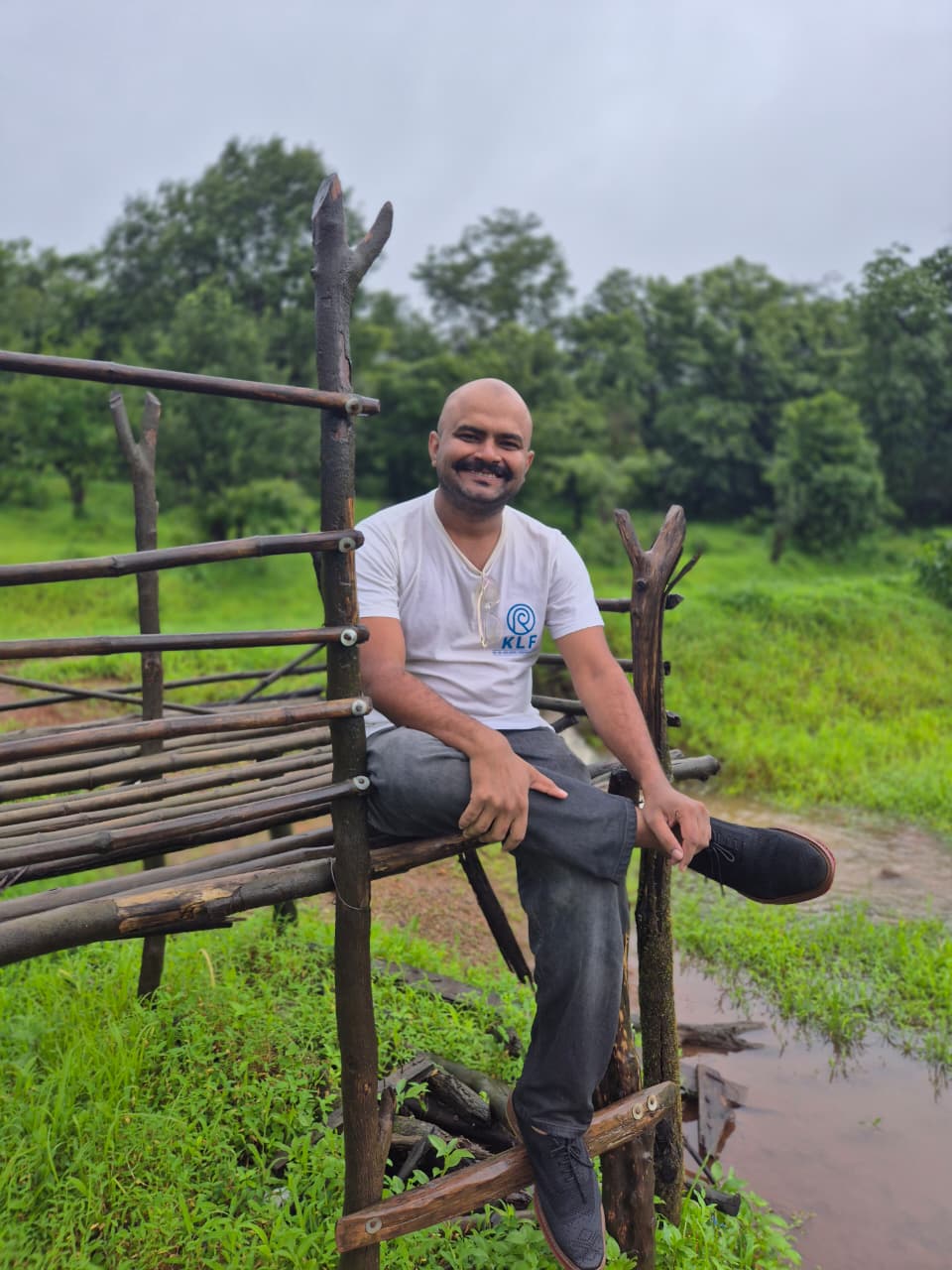
Looking back, are there any resources you wish you knew about earlier in your creative journey?
Absolutely. Looking back, I deeply wish I had known earlier about international writing fellowships, residencies, and literary grants—opportunities that support writers not just financially, but also creatively and intellectually. These spaces allow writers to pause, reflect, and focus on their work without the constant pressure of survival. But unfortunately, in many rural or non-metropolitan parts of India, we don’t even hear about such things.
I also wish I had access—early on—to the great books and writers of the world. Growing up in a small village, our libraries were limited. It was only later, when I entered higher education, that I discovered the works of writers like V.S. Naipaul, J.M. Coetzee, Orhan Pamuk, Pablo Neruda, Salman Rushdie, Perumal Murugan, and Kazuo Ishiguro. These writers shaped my understanding of what literature can do—how it can travel between memory and politics, history and imagination, the personal and the philosophical.
Had I encountered such global literature earlier, I think my voice would have developed sooner, with more confidence and a deeper literary foundation. The lack of early exposure to diverse and powerful voices was a big gap. I believe that access to great literature is not a luxury—it’s a right, and it shouldn’t depend on geography or class.
Today, one of my goals is to create or support platforms that can bring these resources—books, mentorship, workshops, residencies—to those who need them most but are least likely to find them.
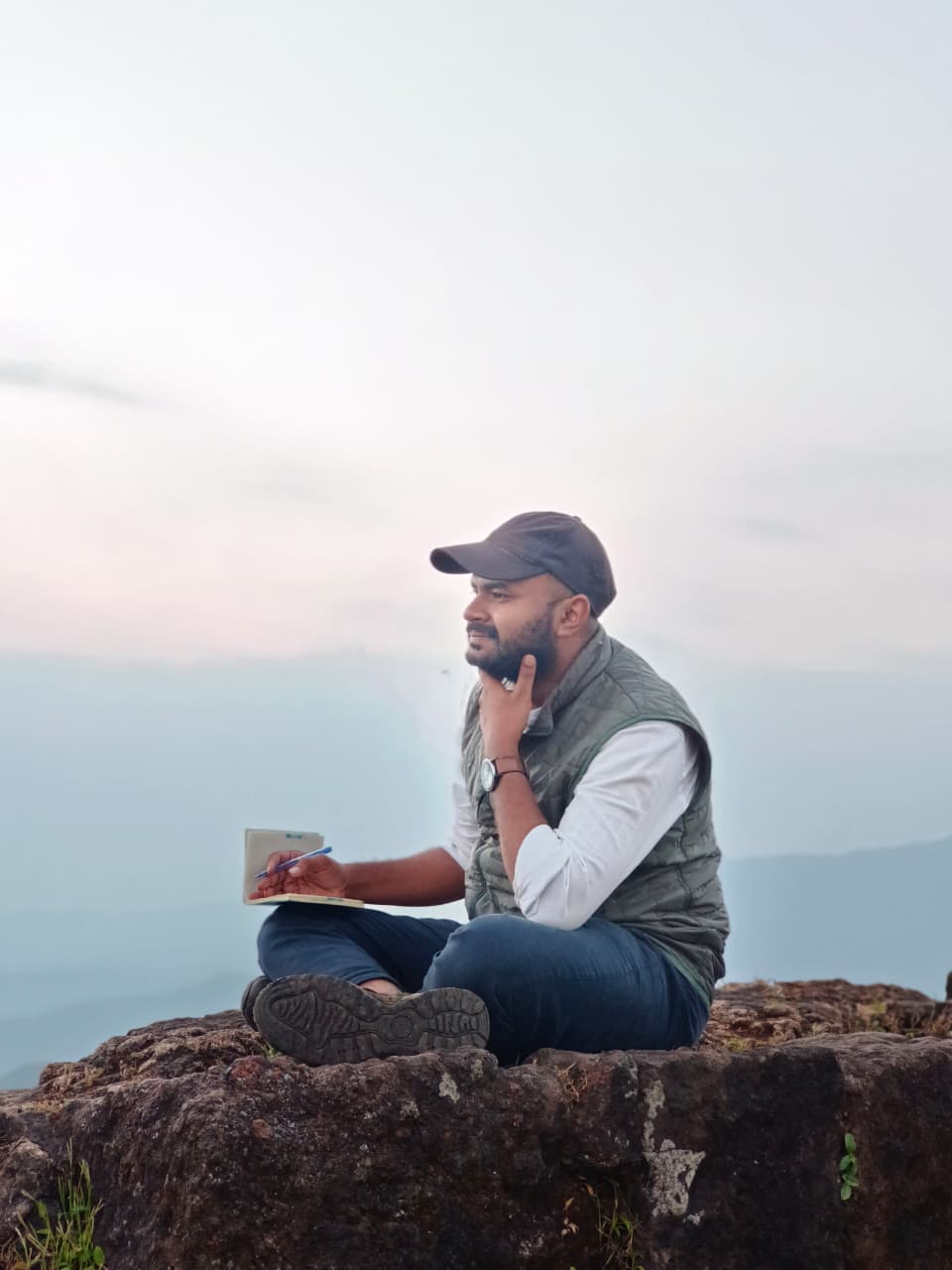
What do you think is the goal or mission that drives your creative journey?
Yes, absolutely. My mission has always been to write for those who have been forgotten—people who are invisible in today’s fast-moving, power-driven world. I want to give voice to those who are ignored by society, who exist quietly on the margins, suffering silently because they lack power, connections, or even basic recognition.
These are people who live on the edges of the world, yet still live within it—those whose daily lives are full of struggle, yet no one notices. They don’t have the means to fight back or change their circumstances. They simply endure. Through my writing, I try to record these lives with honesty, sensitivity, and closeness, so that someday, readers might pause and reflect on them—not out of sympathy, but out of genuine understanding.
I believe literature should stand for something—it should not be noise, distraction, or empty imitation. It should preserve the truth of human experience, especially the truths that are inconvenient or uncomfortable. I want to stand for every human being whose suffering goes unnoticed, and through my work, I want to make sure that their stories are not erased.
Beyond writing, I’m working toward creating a foundation that can provide opportunities for students and emerging voices from marginalized backgrounds—so they, too, can rise, study, and place themselves on the world map. There’s so much potential in places the world ignores.
And importantly, I want to protect the integrity of art and literature. In today’s world, there’s a growing trend of degrading or commercializing creativity—polluting it with superficiality. I want to stand for quality, depth, and purpose in creative work—to honor the value of stories that matter, and ensure that real voices don’t get lost in the noise.
Contact Info:
- Website: https://www.imdb.com/name/nm13702255/
- Instagram: https://www.instagram.com/atul_marewad_reddy?igsh=MTdodTAwbjFoeW9odQ==
- Facebook: https://www.facebook.com/atul.marewad
- Linkedin: https://www.linkedin.com/in/atul-marewad-9a6a5b277?utm_source=share&utm_campaign=share_via&utm_content=profile&utm_medium=android_app
- Twitter: https://x.com/MarewadAtul?t=O-iR5m7MuWwLA8fQwq3Hhw&s=08
- Other: https://www.omdb.org/en/us/person/279771-atul-balaji-marewad
https://mubi.com/en/cast/atul-balaji-marewad
https://www.famousfix.com/topic/atul-balaji-marewad-109406888
https://www.kinopoisk.ru/name/7089536/?utm_referrer=www.google.com

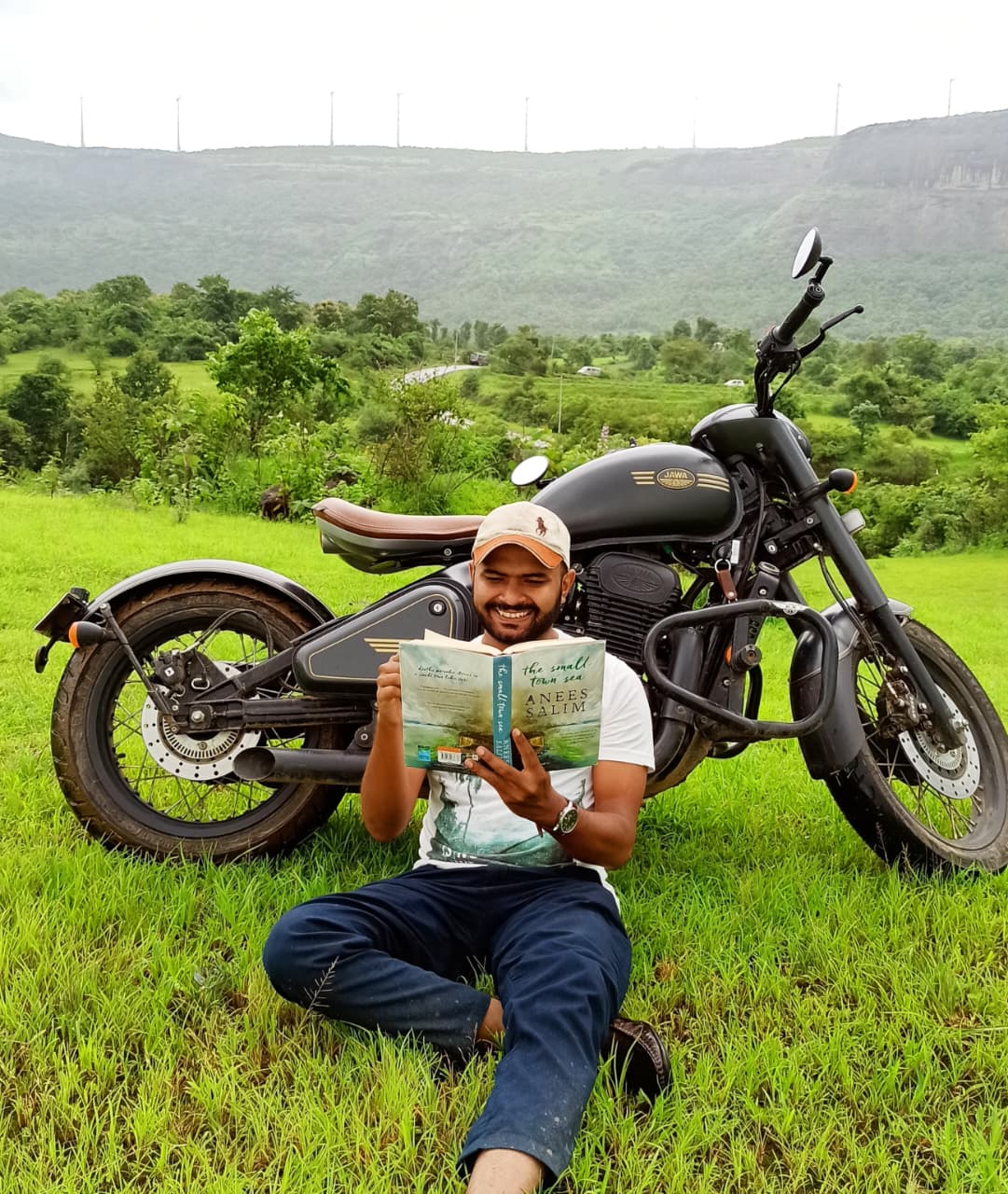
Image Credits
Atul marewad


